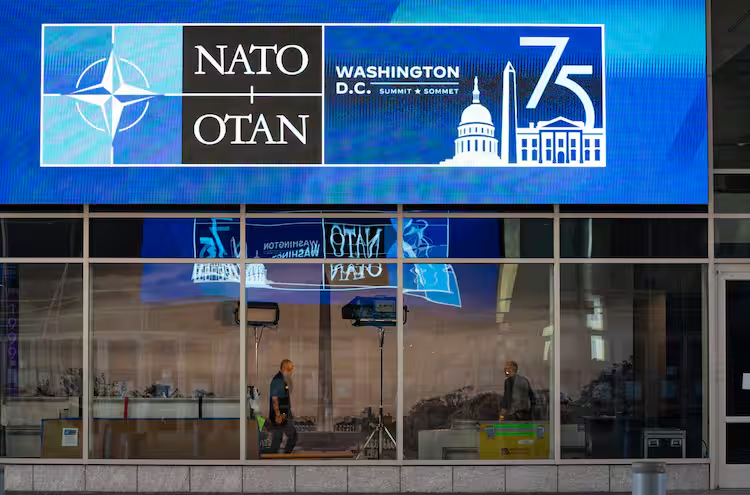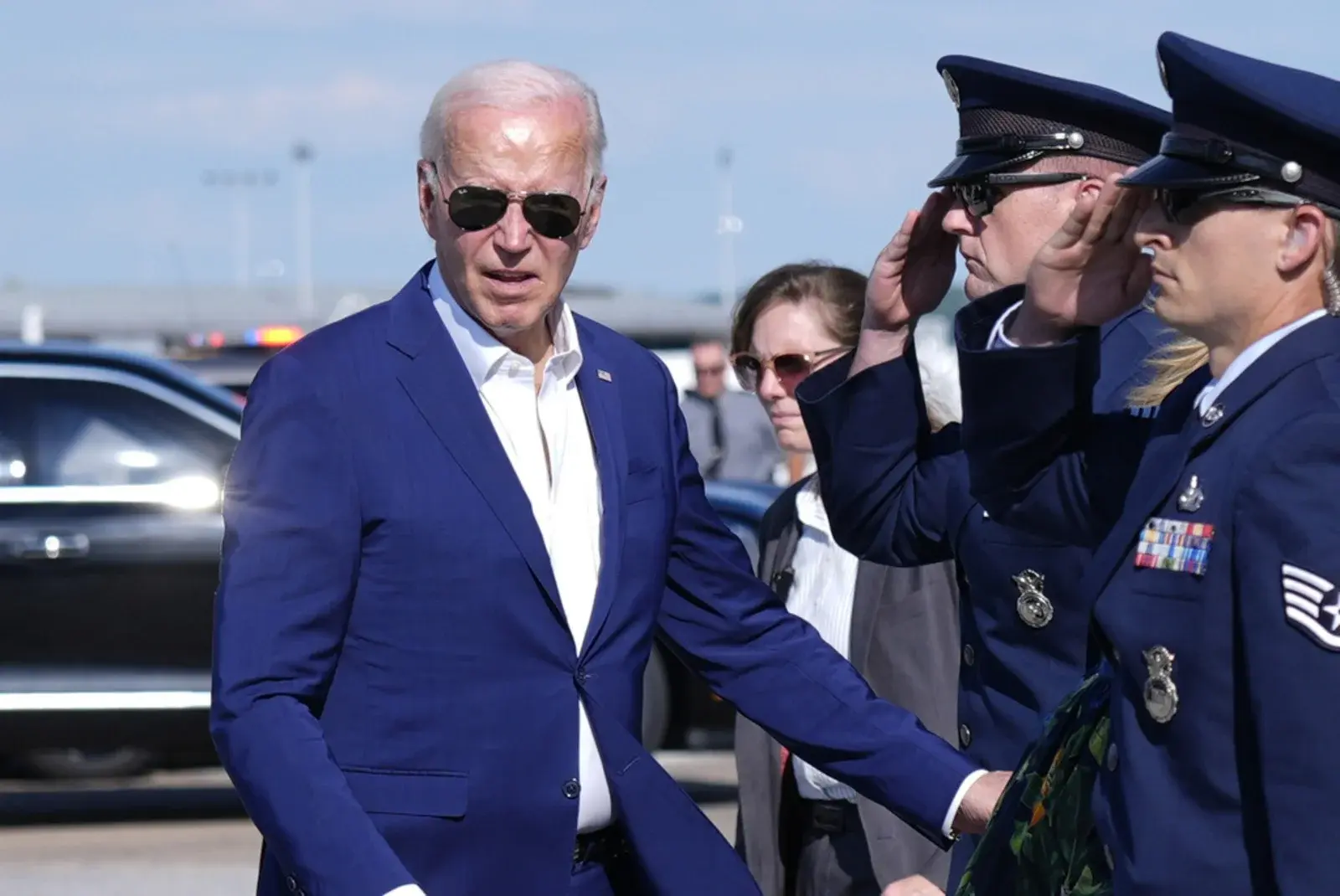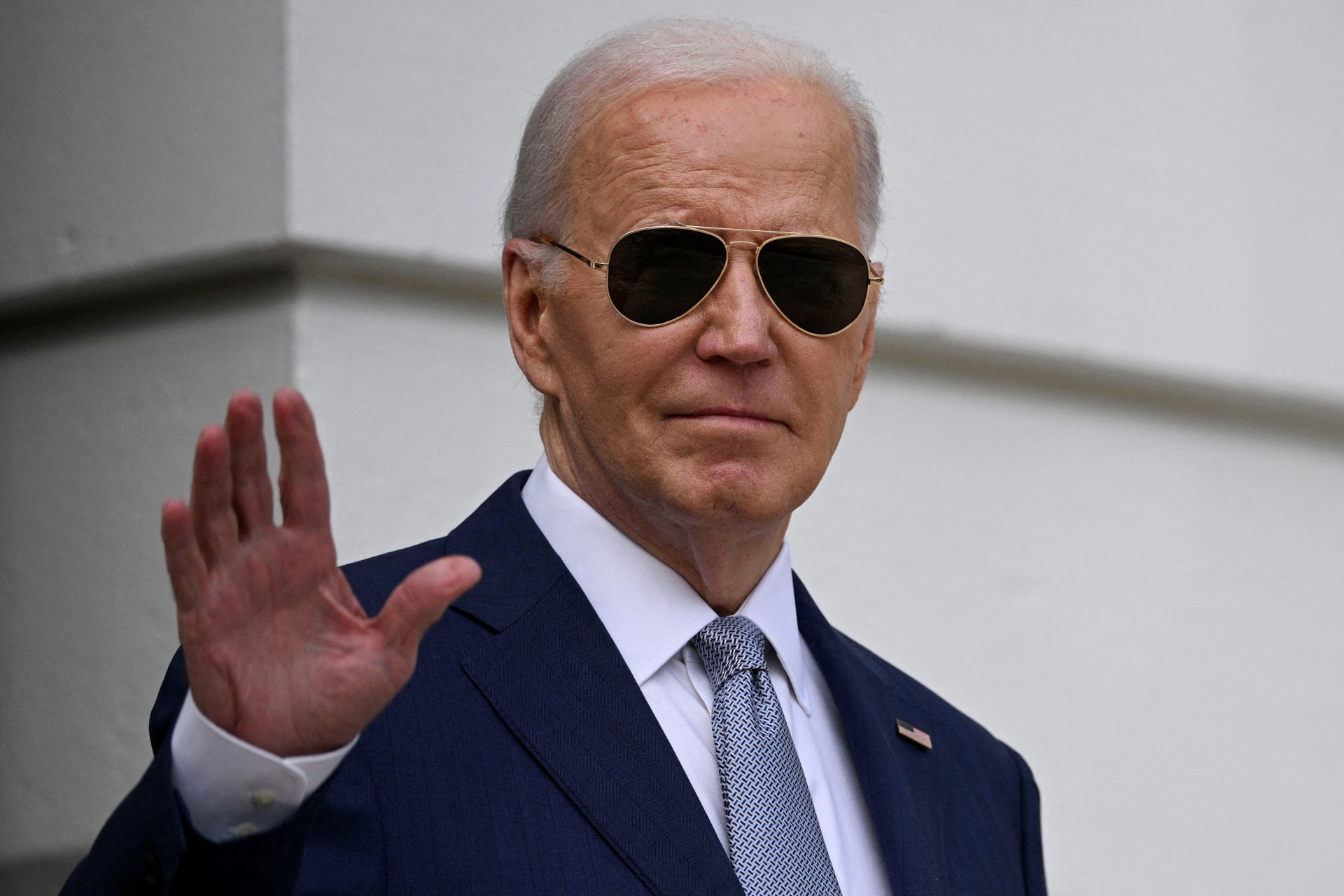By Trevor Hunnicutt
WASHINGTON – U.S. President Joe Biden welcomes the heads of NATO member states to Washington on Tuesday for an annual summit that gives the embattled Democrat an international stage to convince allies at home and abroad he can still lead.
Biden, 81, has vowed to press on in his race against Republican Donald Trump, 78, despite concern from Democrats on Capitol Hill and donors that he will lose the Nov. 5 election after a halting debate performance on June 27.
Biden made restoring the United States’ traditional alliances abroad to counter the threat of autocracies the centrepiece of his foreign policy after Trump challenged allies as part of an “America First” approach. Who wins in November could have a substantial impact on NATO’s and Europe’s future.
Trump has suggested that, given a second term, he would not defend NATO members that did not meet the alliance’s defence spending target of 2% of their respective GDP if they came under military attack. He has also questioned the amount of aid given to Ukraine in its battle against Russia’s invasion.
RELATED: Biden hits fundraising trail in show of strength after dismal debate performance
Ukrainian President Volodymyr Zelenskiy arrived in Washington to attend the NATO summit on Tuesday and said he would “fight” for strong decisions to strengthen Ukrainian air defences and for more F-16 fighter jets.
“We are fighting for additional security guarantees for Ukraine – and these are weapons and finances, political support,” he said in a video on the Telegram messaging app.
Zelenskiy is due to meet with Biden in Washington and is scheduled to deliver an address on Tuesday evening at the Ronald Reagan Institute in Washington.

Aides said Biden’s opening speech expected at 5 p.m. Eastern time (2100 GMT) will highlight what his administration sees as a key accomplishment: a stronger and more united NATO, under Washington’s leadership, with more members and a resolve to meet their collective security needs.
That brings, they say, tangible results for American voters: a safer country, with a strong international economic position, more alliances and power abroad, and less risk of conflict with its adversaries.
Trump and many of his Republican allies reject such arguments.
“Republicans, of course, celebrate the peace and prosperity that NATO has secured and will continue to stand by our partners as we prevent needless wars,” said U.S. House of Representatives Speaker Mike Johnson, a top Republican and Trump ally, on Monday. “But we also believe that NATO needs to be doing more.”
WORRY FROM ALLIES ABOUT BIDEN’S STAYING POWER
NATO, celebrating its 75th anniversary, has found a new purpose in opposing Russian President Vladimir Putin’s Ukraine invasion and welcomed Finland and Sweden as new members.
The grinding Ukraine-Russia war will dominate private conversations between the leaders of the 32 NATO member countries, who have an agenda focused on military and financial aid for Ukraine and offering some pathway toward eventual NATO membership for Kyiv.
But those leaders, already anxious about the prospect of Trump’s return, come to Washington with fresh concern about Biden’s staying power, according to diplomats from their countries. One described Biden as bruised after a difficult political period and said their government was looking for signs about whether he would survive.

NATO leaders face political uncertainty in Europe, with paralysis looming in France after gains for left and far-right parties, and German Chancellor Olaf Scholz’s coalition weakened after a poor showing in European Parliament elections.
The week’s events in Washington will give Biden a chance to address the concerns, including his high-profile speech on Tuesday and a rare solo press conference on Thursday.
RELATED: Could Kamala Harris beat Donald Trump in November’s presidential race?
Biden will highlight new support for Ukraine. During the summit, NATO leaders are expected to endorse an initiative that will see the alliance coordinate arms supplies and training for Ukrainian forces. They may also get more support on air defence.
U.S. Secretary of State Antony Blinken said before a meeting with his Ukrainian counterpart Dmytro Kuleba that the summit would “further strengthen” Ukraine’s ties to NATO and its path to membership. He said he expected it would produce “a very strong package” for Ukraine.
A senior NATO official told reporters on Tuesday Russia lacks the munitions and troops to start a major offensive in Ukraine and needs to secure significant ammunition supplies from other countries beyond what it already has.
But he estimated Russia would be able to sustain its war economy for three to four more years and also said “it will be some time” before Ukraine has amassed the munitions and personnel it needs to mount its own large-scale offensive operations.
Ukraine ultimately wants to join NATO to ward against further future attacks by Russia, but candidates have to be approved by all of the alliance’s members, some of which are wary of provoking a direct war with Russia.
U.S. officials have said the summit will offer Ukraine a “bridge to membership,” which would include the new NATO effort to coordinate arms supplies and training.
Some members want the alliance to make clear Ukraine is moving toward NATO “irreversibly” and are keen for language in a summit statement beyond the alliance’s pledge last year that “Ukraine’s future is in NATO.” (Reuters)


